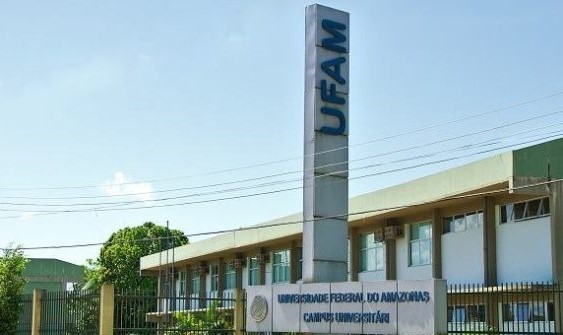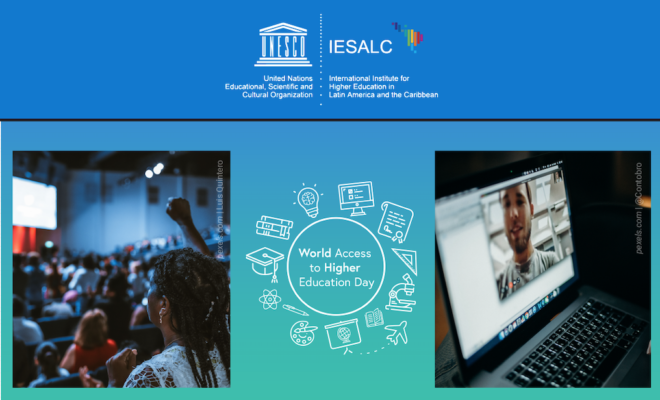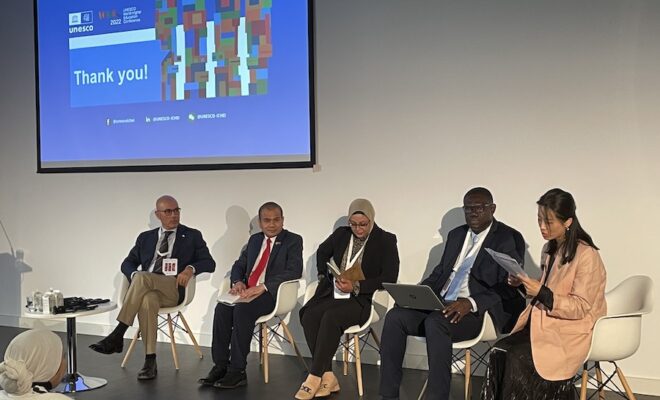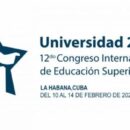The results of the first year of work of the New Regional Convention for Latin America and the Caribbean were presented in Havana
Fotos: Omara García Mederos / Agencia Cubana de Noticias
On 9 February 2024, the Ministry of Education of the Republic of Cuba (MES) hosted the second meeting of the Committee of the New Regional Convention for the Recognition of Studies, Degrees and Diplomas in Higher Education in Latin America and the Caribbean, a meeting that served to follow up on the work plan established in Colonia del Sacramento in April 2023, as well as to monitor the ratification process carried out by the other Member States adopting the instrument, with the aim of facilitating the internationalisation and mobility of students and academics in Latin America and the Caribbean.
Present were representatives of Ecuador, the Holy See, Uruguay and Cuba as ratifying States, signatory countries, representatives of higher education institutions, academic authorities, international organisations, non-signatory Member States of the Convention, UNESCO IESALC as secretariat of the Convention, UNESCO’s regional office in Cuba, UNESCO headquarters, as well as directors and officials of the MES, among others.
Those present agreed on the importance of promoting models that facilitate mutual trust and understanding, multilateralism, research and knowledge production networks, academic networks, and the visualisation of student and academic mobility as an individual and collective benefit for regional development and integration.
Guide to the recognition of higher education studies in Venezuela
José Antonio Quinteiro, Programme Coordinator at UNESCO IESALC, was in charge of the presentation of the working document Basic guidelines for the recognition of Venezuelan academic degrees and diplomas. This work gathers basic and practical information to serve as a briefing book for all officials with express legal competence in academic recognition, especially in neighbouring countries that receive a large number of Venezuelan migrants. The ultimate aim of the document – open to suggestions, corrections and contributions – is to facilitate the process of recognition and revalidation of Venezuelan academic qualifications so that these migrant populations can enter the academic and labour market in the host countries, contributing their true potential to the economic and social development of the societies in which they are inserted.
Feasibility Study on the Diploma Supplement
Flavia Colus, author of the Feasibility study for the implementation of the Diploma Supplement in Latin America and the Caribbean presented the document which includes a study on the experience in the implementation of the Diploma Supplement in other geographical blocks and the success factors recognised in them for its full implementation, opening a parallelism to determine the feasibility of the implementation of this mechanism in Latin America and the Caribbean.
Constitution of the network of national recognition structures
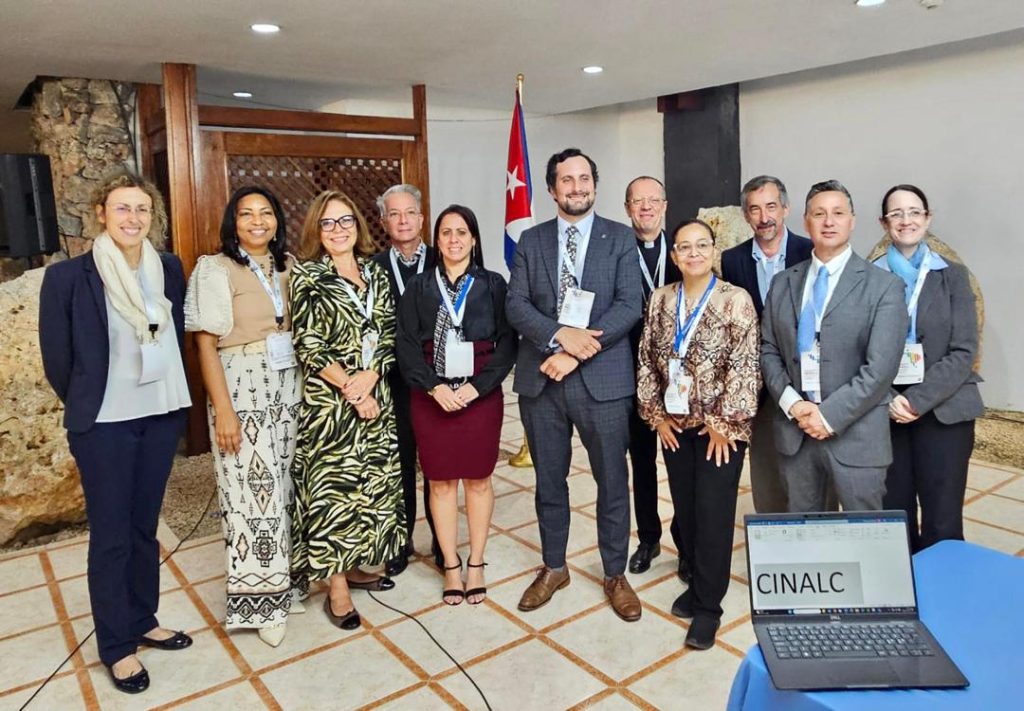
During 2023, the creation of a regional recognition network was formalised, an essential instrument for the effective operational application of the New Regional Convention, in order to promote the exchange of information on recognition and mobility, mutual understanding, legibility and transparency among higher education systems in Latin America and the Caribbean.
After seven informal regional meetings with invited experts and specific topics concerning the implementation of the Convention, as well as the formation of three working groups, the creation of the network of recognition structures under the name of National Information Centres of Latin America and the Caribbean (CINALC), was consolidated on 8 February in Havana.
Likewise, the guidelines for the observation of conduct and respect for the values that will govern the functioning of the work of this network were drafted, and the creation of a digital platform for the network, the development of a digital community, the launch of comparative studies of recognition systems, and training programmes for members of the network, among others, were announced.
RELATED ITEMS






